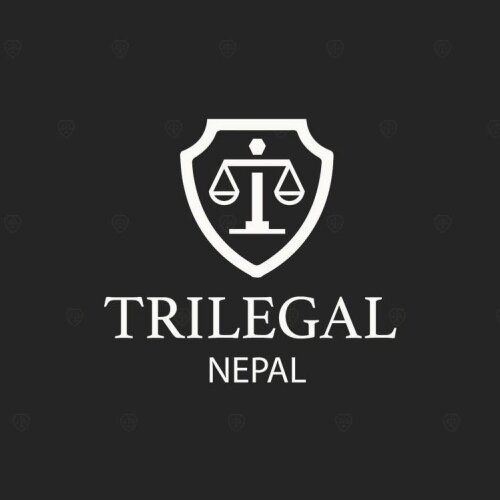Best Oil, Gas & Energy Lawyers in Kathmandu
Share your needs with us, get contacted by law firms.
Free. Takes 2 min.
List of the best lawyers in Kathmandu, Nepal
About Oil, Gas & Energy Law in Kathmandu, Nepal
Oil, gas, and energy law mainly refers to the legal framework that oversees the extraction, distribution, and use of these resources in Nepal. The energy sector in Nepal is predominantly powered by hydroelectricity, although the country has significant potential for the development of other renewable energy sources as well. Such legal guidelines ensure that these resources are utilized efficiently and regulate the involvement of both domestic and foreign entities in the energy industry.
Why You May Need a Lawyer
Dealing with oil, gas, and energy law can often be complex and detailed, requiring knowledge of both national and international laws and regulations. This could involve negotiating contracts for resource extraction, ensuring compliance with environmental guidelines, managing disputes related to land and resource rights, and representing clients in the courts for any legal issues. In all these cases, the counsel of a lawyer with expertise in this field is indispensable.
Local Laws Overview
The National Energy Crisis Prevention and Electricity Development Decade, 2016 is a blueprint policy for the energy sector in Nepal. As the country is working on utilizing renewable energy sources, the Nepal Electricity Act and Water Resource Act play a significant role in regulating the usage and distribution of these resources. Foreign investment in this sector is regulated under the Foreign Investment and One-window Policy, 2015. Learning about these laws is critical for anyone involved in energy projects in Nepal.
Frequently Asked Questions
1. What is the entity responsible for regulating oil, gas, and energy in Nepal?
The Ministry of Energy, Water Resources and Irrigation oversees the regulation of the energy sector in Nepal. However, the Nepal Oil Corporation is responsible for managing oil-related activities specifically.
2. Can foreign entities invest in Nepal's energy sector?
Yes, foreign entities can invest in Nepal's energy sector as per the Foreign Investment and One-window Policy, 2015. However, they need to abide by the guidelines set in this policy.
3. What are the major sources of energy in Kathmandu, Nepal?
The main sources of energy in Kathmandu are hydroelectric power and solar energy.
4. Are there any ongoing projects in oil and gas sector in Kathmandu?
Nepal mostly imports petroleum products due to lack of domestic reserves. However, several initiatives have been taken to encourage alternative energy sources due to high import cost.
5. What types of renewable energy does Nepal focus on?
Nepal mainly focuses on the use of hydroelectric power and solar energy, given their abundant natural resources.
Additional Resources
For more information related to oil, gas, and energy in Kathmandu, you can refer to the websites of the Nepal Oil Corporation, Department of Electricity Development, Alternative Energy Promotion Centre, and the Ministry of Energy, Water Resources and Irrigation.
Next Steps
If you require legal assistance in the Oil, Gas, and Energy sector in Kathmandu, Nepal, you may want to consider consulting with a lawyer who specializes in this field. It's important to prepare any relevant documents, including contracts, environmental assessments, and land rights information before your consultation.
Lawzana helps you find the best lawyers and law firms in Kathmandu through a curated and pre-screened list of qualified legal professionals. Our platform offers rankings and detailed profiles of attorneys and law firms, allowing you to compare based on practice areas, including Oil, Gas & Energy, experience, and client feedback.
Each profile includes a description of the firm's areas of practice, client reviews, team members and partners, year of establishment, spoken languages, office locations, contact information, social media presence, and any published articles or resources. Most firms on our platform speak English and are experienced in both local and international legal matters.
Get a quote from top-rated law firms in Kathmandu, Nepal — quickly, securely, and without unnecessary hassle.
Disclaimer:
The information provided on this page is for general informational purposes only and does not constitute legal advice. While we strive to ensure the accuracy and relevance of the content, legal information may change over time, and interpretations of the law can vary. You should always consult with a qualified legal professional for advice specific to your situation.
We disclaim all liability for actions taken or not taken based on the content of this page. If you believe any information is incorrect or outdated, please contact us, and we will review and update it where appropriate.

















